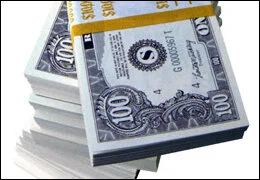“All work experience—even if it’s working in a convenience store—is life experience and involves responsibility. We value all of it…” Karl Furstenberg, Dartmouth College (How to Get Into the Top Colleges, Richard Montauk and Krista Klein, Prentice Hall, New York, p. 282)
If you have gained any kind of work experience over your high school years, broadcast it across all you applications proudly. Why wouldn’t you? Even if, as mentioned above, it is a menial job, it shows that you understand how to sell your service to others, have discipline, time management skills, a solid work ethic, and have learned something about the real world, working with people and solving—in some form or another—real world problems. Few schools discount such efforts; Dartmouth, we know, lauds them.




